This conclusion has been drawn from HDL20, an event organized by Roiback, specialist and leader in the management of the direct channel of hotel sales, together with experts from Google, Meliá Hotels International, Iberia and Hotelinking, within the framework of the International Tourism Fair (FITUR) celebrated in Madrid last week.
In an event that brought together 150 hoteliers, decision makers and media, Rebeca González, Managing Director of Roiback, started the day analysing the requirements of the traveller: “A customer will be satisfied when he feels comfortable, pleased and happy throughout his experience, which must be shown in all the touch points: from the very first moment when he searches the hotel on Google until he stays there, going through any questions he may ask, and of course throughout the stay and the post-stay”.
In fact, according to recent figures from the company, a loyal and regular customer can spend 67% more than a new one, and also allows the hotel to reduce the acquisition cost if the customer reserves through the direct channel instead from another platform. On this matter, Gónzalez explained that the key issue in order to get and retain a customer is: “offer benefits that favour direct sales and then build communication strategies focused on loyalty and on making them to repeat the stay. Customers want instant gratification, flexibility, simplicity and, above all, customization, according to their preferences or expectations”. In this respect, the price is also important since “46% of consumers will consider that a loyalty program is not good if it does not offer economic advantages or incentives.” In addition, according to an Oracle study, 86% of consumers would be willing to share personal data if they get bonuses adapted to their profile.
Leonor de L'Hermite, Google's Business Travel Lead in Southern Europe, pointed out that “54% of loyalty program members in the travel sector in the United States are not active,” so it is “key” to understand the audience and their intention to maximize the resources invested. "Google has registered up to 74 points of contact on the customer's journey until they make a reservation and that is where machine learning allows us to understand the signals that work during trip planning to identify the user's intention." In this sense, the company identified four profiles with different behaviours, from “traditional loyalty” or “experiential loyalty” to “opportunist” or “completely disenrolled” and highlighted the importance of allocating resources to attract the first two profiles. De L’Hermite also said: "The best way to retain a customer is to respond to their needs," in a context in which "57% of travellers believe that companies in the travel sector should customize the information based on their preferences,"
In addition, an expert panel was held at the event, where also participated María Romero, Global Director of Loyalty at Meliá Hotels International; Daniel Alzina, CEO of Hotelinking and Silvia Espinosa de los Monteros, Director of Loyalty at Iberia. The experts highlighted the importance for every hotel or hotel chain to have a loyalty program, regardless of its size, but adapted to its characteristics and ultimate goal. "The ultimate goal of any loyalty program is to make the customer repeat, but to get him to book through the direct channel, in order to minimize the cost of acquisition," said Daniel Alzina.
Therefore, and with the objective of offering the medium-sized hotel chains and independent hotels the possibility of having a loyalty program, at the beginning of last year, Roiback launched Loyalty Pro, a solution that makes it easier for hotels to integrate this strategy into their direct channel to strengthen the customer relationship in the long-term, and which has given very positive results for the hotels.
In an event that brought together 150 hoteliers, decision makers and media, Rebeca González, Managing Director of Roiback, started the day analysing the requirements of the traveller: “A customer will be satisfied when he feels comfortable, pleased and happy throughout his experience, which must be shown in all the touch points: from the very first moment when he searches the hotel on Google until he stays there, going through any questions he may ask, and of course throughout the stay and the post-stay”.
In fact, according to recent figures from the company, a loyal and regular customer can spend 67% more than a new one, and also allows the hotel to reduce the acquisition cost if the customer reserves through the direct channel instead from another platform. On this matter, Gónzalez explained that the key issue in order to get and retain a customer is: “offer benefits that favour direct sales and then build communication strategies focused on loyalty and on making them to repeat the stay. Customers want instant gratification, flexibility, simplicity and, above all, customization, according to their preferences or expectations”. In this respect, the price is also important since “46% of consumers will consider that a loyalty program is not good if it does not offer economic advantages or incentives.” In addition, according to an Oracle study, 86% of consumers would be willing to share personal data if they get bonuses adapted to their profile.
Leonor de L'Hermite, Google's Business Travel Lead in Southern Europe, pointed out that “54% of loyalty program members in the travel sector in the United States are not active,” so it is “key” to understand the audience and their intention to maximize the resources invested. "Google has registered up to 74 points of contact on the customer's journey until they make a reservation and that is where machine learning allows us to understand the signals that work during trip planning to identify the user's intention." In this sense, the company identified four profiles with different behaviours, from “traditional loyalty” or “experiential loyalty” to “opportunist” or “completely disenrolled” and highlighted the importance of allocating resources to attract the first two profiles. De L’Hermite also said: "The best way to retain a customer is to respond to their needs," in a context in which "57% of travellers believe that companies in the travel sector should customize the information based on their preferences,"
In addition, an expert panel was held at the event, where also participated María Romero, Global Director of Loyalty at Meliá Hotels International; Daniel Alzina, CEO of Hotelinking and Silvia Espinosa de los Monteros, Director of Loyalty at Iberia. The experts highlighted the importance for every hotel or hotel chain to have a loyalty program, regardless of its size, but adapted to its characteristics and ultimate goal. "The ultimate goal of any loyalty program is to make the customer repeat, but to get him to book through the direct channel, in order to minimize the cost of acquisition," said Daniel Alzina.
Therefore, and with the objective of offering the medium-sized hotel chains and independent hotels the possibility of having a loyalty program, at the beginning of last year, Roiback launched Loyalty Pro, a solution that makes it easier for hotels to integrate this strategy into their direct channel to strengthen the customer relationship in the long-term, and which has given very positive results for the hotels.
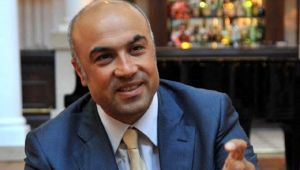
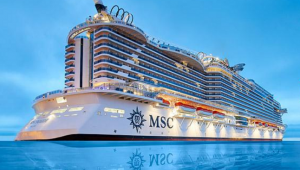









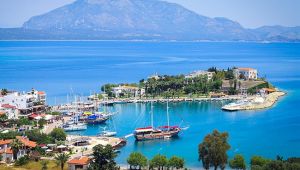
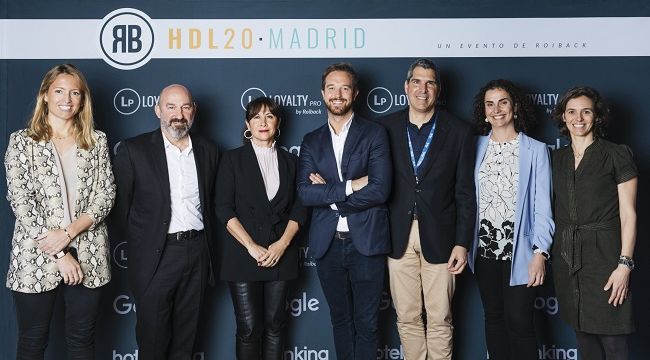
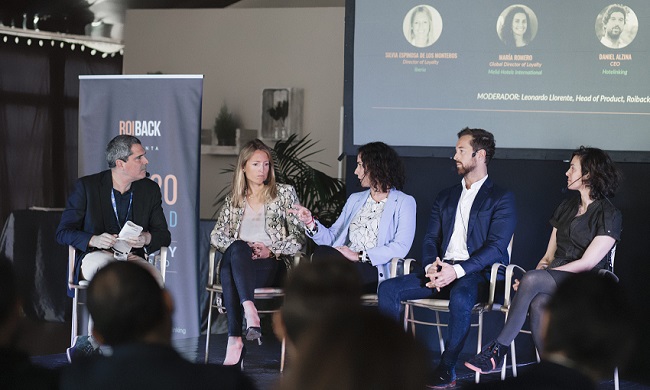

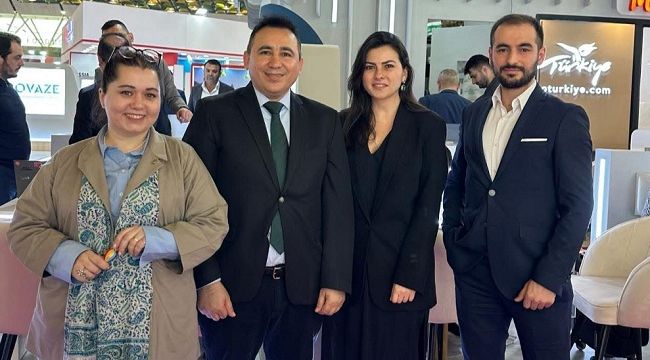




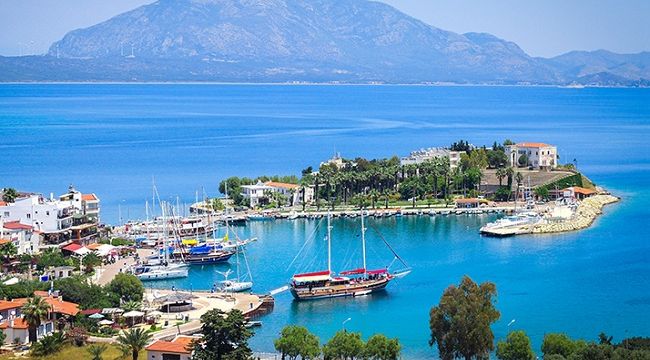
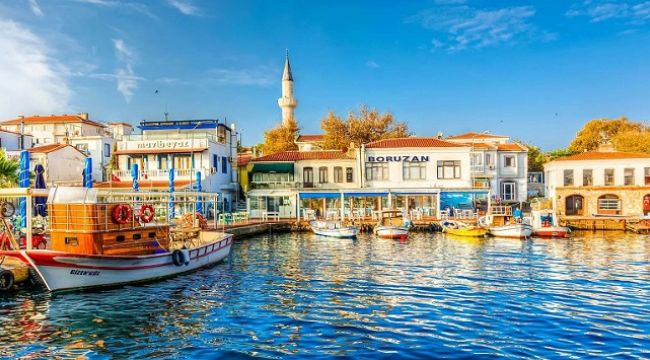
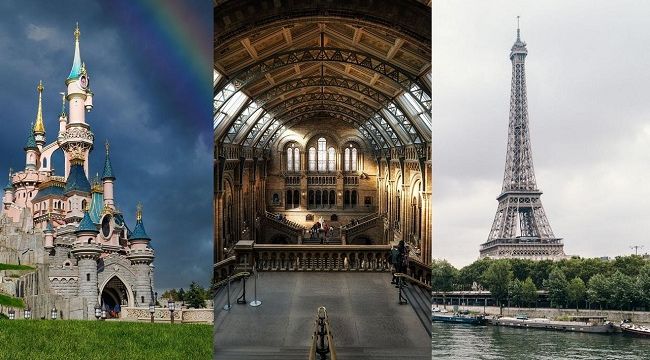

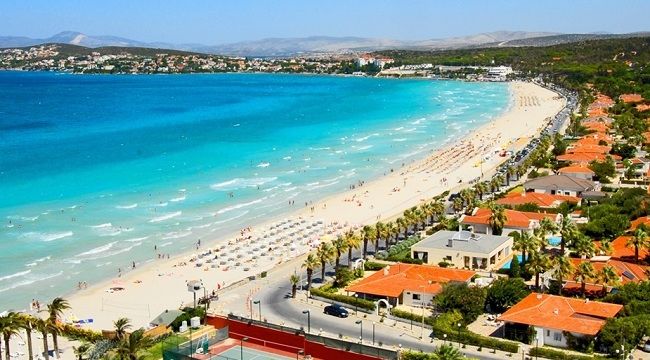

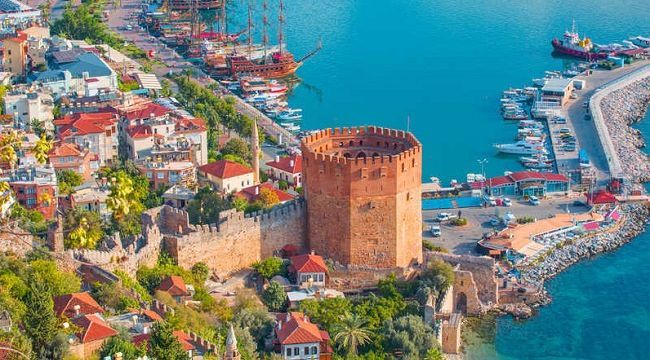
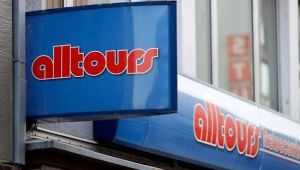

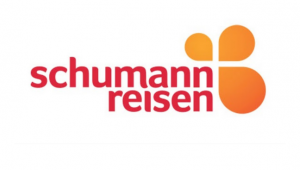


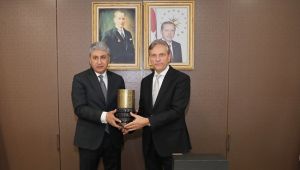
YORUMLAR